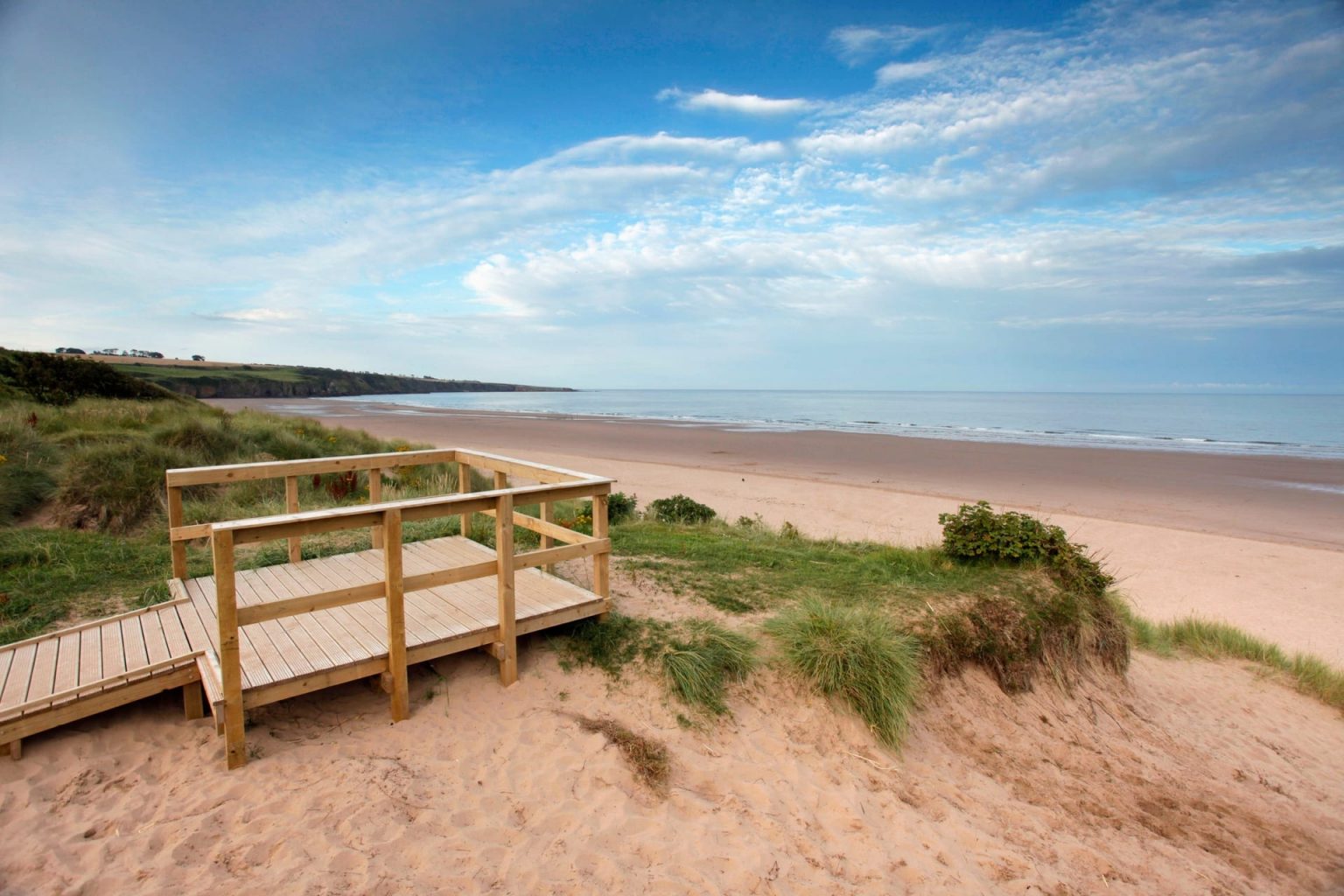Councils Empowered to Raise Tourism Money
A Bill to enable councils to invest more in local tourism facilities and services through a levy on overnight stays has been published.
If passed by the Scottish Parliament, the Visitor Levy (Scotland) Bill will give councils the power to apply a levy on stays in overnight accommodation based on a percentage of the accommodation cost. All money raised would have to be reinvested locally in facilities and services substantially for or used by visitors, enhancing the tourist experience and benefitting local communities and their economies.
Under the plans, councils would be required to consult communities, businesses and tourism organisations before putting a visitor levy in place. They would also have to consult on how any revenue raised should be spent.
The proposals follow public consultation and form part of the New Deal for Local Government which gives councils greater financial flexibility and strengthens local democracy. The Scottish Government has also invited representatives from the tourism industry, COSLA and other partners to join an expert group to consider how it could best be implemented if passed.
This is an important piece of legislation that would empower local government and boost funding for local tourism priorities in different parts of the country.
GRAEME
Tourism is an incredibly important sector of the Scottish economy and it is right that we seek to maximise its benefit to local communities across the country.
Many people will have encountered visitor levies when travelling abroad – they are a tried and tested measure.
This Scottish Government is determined to help tourism sustainably thrive nationwide, as I am confident it will continue to do here in Angus given the wealth of attractions our local area bosts.
Scotland is already a very popular tourist destination and the domestic and international visitors we welcome every year have a significant and positive impact on the Scottish economy. Giving councils the power to introduce a visitor levy is one tool that will provide additional resources to continue to attract visitors to Scotland.
PUBLIC FINANCE MINISTER, TOM ARTHUR
Levies on visitors staying in paid-for accommodation are already used around the world and it is reasonable for local areas to want a small contribution from tourists to help support and sustain visitor economies.
There have been significant contributions to the Bill so far from the tourism industry, COSLA and other partners and I look forward to continuing to work with them as it progresses through Parliament.
COSLA welcomes the Scottish Government’s move to give councils the power to apply a visitor levy. This represents a key step towards reaching COSLA’s long-standing goal of a more empowered Scottish local government.
COSLA RESOURCES SPOKESPERSON, COUNCILLOR KATIE HAGMANN
COSLA has consistently called for the ability of councils to set and raise taxes based on what is needed and decided locally. By providing each local authority with the power to set a rate charged to visitors, and to do so independently of the Scottish Government, the Local Visitor Levy empowers local decision-making, with councils able to respond to the needs of their area and the people who live there.
COSLA is well aware that Scotland’s councils and communities have a great diversity of needs – what works for one council will not necessarily be suitable for another. We welcome the flexibility offered by this legislation, and will consider if there are opportunities for it to go further. We are looking forward to seeing further investment both in tourism and our communities in the future.
Background
The Visitor Levy (Scotland) Bill
Councils would be able to apply a visitor levy in all or parts of their area. The levy would be collected by the accommodation providers and remitted to the relevant local authority on a regular basis (the default being quarterly). It applies to almost all types of overnight accommodation within the area where a visitor levy is being applied, including hotels, self-catering accommodation, and campsites.
Taxes on overnight tourist stays are common across Europe and in other locations around the world. As of 2023, 21 out of the 27 EU member states charge occupancy taxes. Some cities and regions (such as Berlin) use the levy as a way to increase general revenues while others (such as Nice and the Balearic Islands) ring-fence all or part of the revenues to fund specific projects.
The expert advisory group, facilitated by VisitScotland, will bring together tourism industry bodes and local government to discuss how best any visitor levy can be implemented and to develop national guidance for local authorities.


